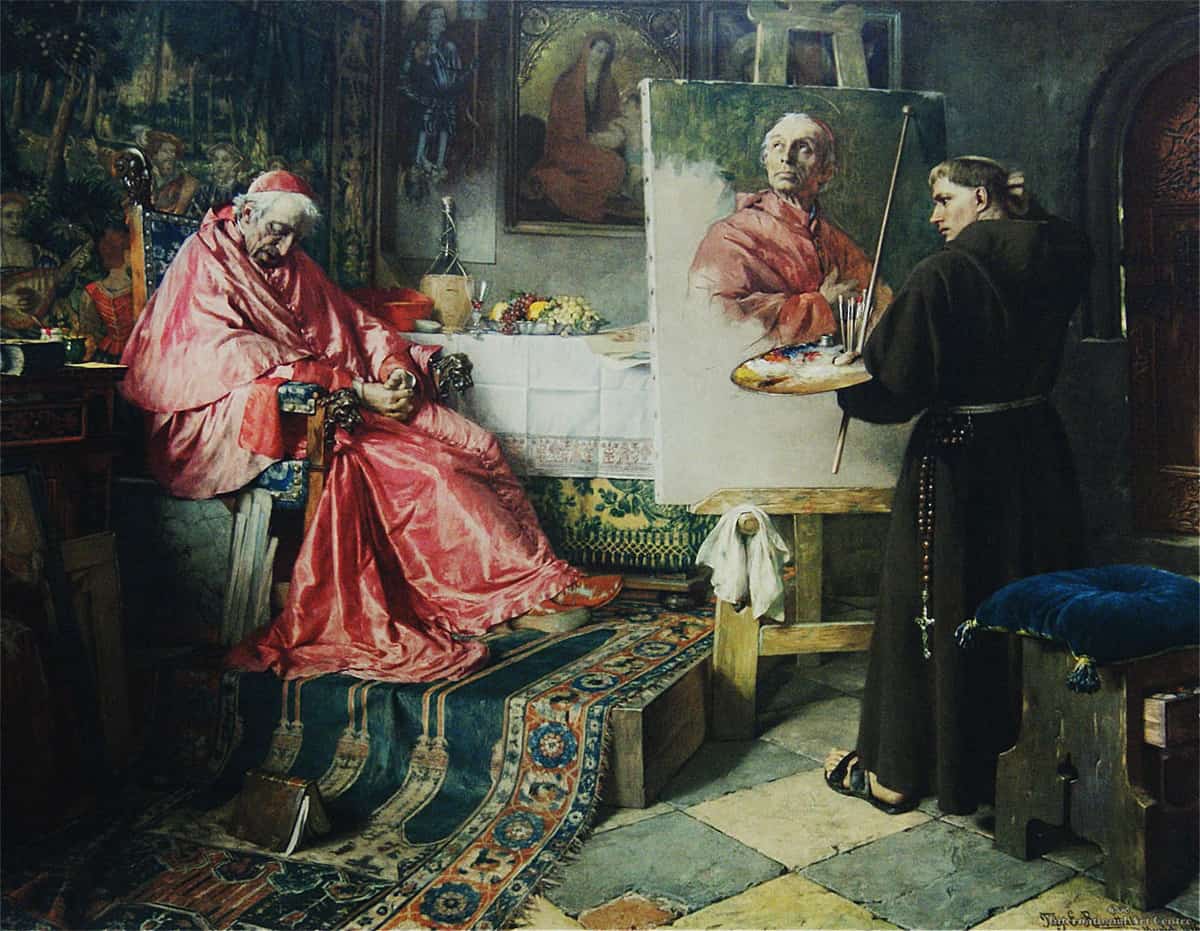Jesus warned about it. Luther revolted against it. Pope Francis is trying to deal with it. Yet clericalism – a priest or clergyman placing himself above the laity – is still alive. We all know its effects are negative: abuse of power, passivity of the laity (“pray, pay, and obey”) and “project[ing] an image of power and privilege” of the Church in the context of poverty. Conceretely, it’s why many have left the Church in disillusionment.
So why does clericalism continue? I think in part because it sneaks up subtly, and over time. In my own case, I get excited about the current movement against clericalism. Yet though I may not be into the private jets or mansions (yet?), I’m beginning to realize that I’m still prone to this very temptation.
There are the little signs. For one, I’ve noticed that I don’t really contribute to church collections anymore (“I give in other ways,” I often rationalize). I also like when people let me say whatever I want – and they listen, too! These perks of being a Jesuit are nice. It’s nice to be on a pedestal, and sometimes it may be necessary. What’s problematic is when these nice but passing gifts become ends, rather than means. And that usually happens without me noticing it.
But clericalism is not just for clerics. Regardless of the type of vocation, and despite the best of intentions, versions of clericalism can emerge almost anywhere. Whenever privileges and power are readily available, our original intentions can get muddled along the way. It’s easy to want more – and to be thought more of – and forget about doing the right thing. That’s because unexamined attachments, though not necessarily always bad, can have unintended consequences. This has far-reaching results, but the beginning cause is usually quiet and individual. This happens when we don’t take the time to look inside.
Ignatian Spirituality, especially the examen, can be helpful here. Ignatius taught the importance of noticing our internal movements, naming them, then determining which movements to follow. In the quiet space of the examen, we can ask the important questions that we may otherwise avoid: not the easy questions of what’s right or wrong, but the subtle ones when we’re already trying to do right. Where is my drive to do good coming from? Is it only for the next affirmation or something more? Am I fully present with others, or wondering what the caption on social media will say?
As we examine our lives, we get to see where God is nudging us away from the lull of “clericalism.” Listening in prayer is important.
Another great help are those close family and friends who know us well. They can give fresh, informed, and loving perspective on how we’re living our lives. This perspective is a gift that lay people especially can give people in religious life – and indeed, to the Church as a whole.
Even the “bad” times can teach us about tendencies we should watch. For example, when I experienced negativity or indifference towards my Jesuit-ness during ministry, I would often get overly frustrated. I had to ask myself why that was. I eventually realized that I had some very strong expectations about how I should be received. I had gradually become accustomed to automatic respect and deference for my “noble” life-path. For the future, I continue to learn ways to move away from my need for the externals – to center myself on something concrete. That’s the only way I can expect to live this vocation fully.
Any time the treats of our individual vocations become more than gifts to be graciously used, we’re on a slippery slope. Trying to live on what’s pleasing, but fleeting, may feel good at first, but won’t work in the long run. It can also lead to hurting of self and others. The spiral of clericalism tricks us into believing more and more can eventually satisfy; but only that which is life-giving is substantial enough to thrive on.
Of course on reflection, we know all this, but in the day to day, that knowledge gets lost really easily. But identifying it in ourselves early and often is a start.
***
Image courtesy FlickrCC user Shelly.


